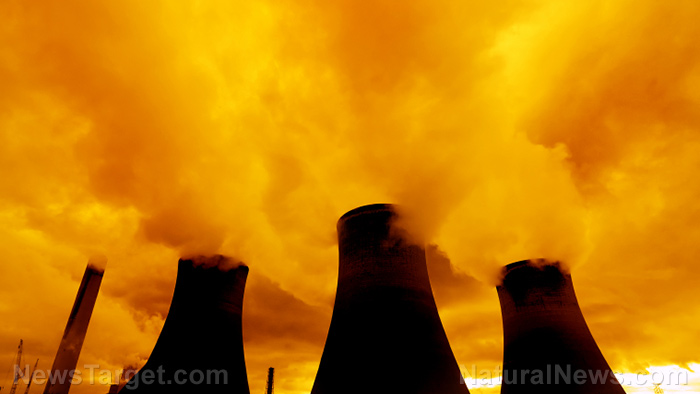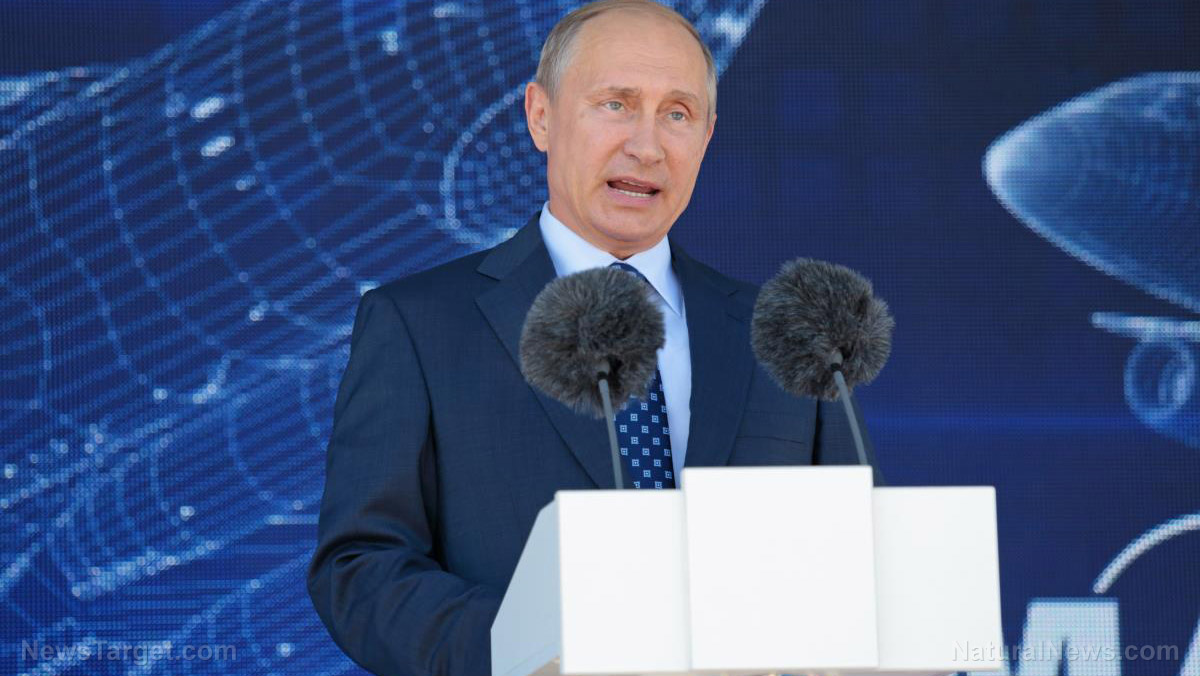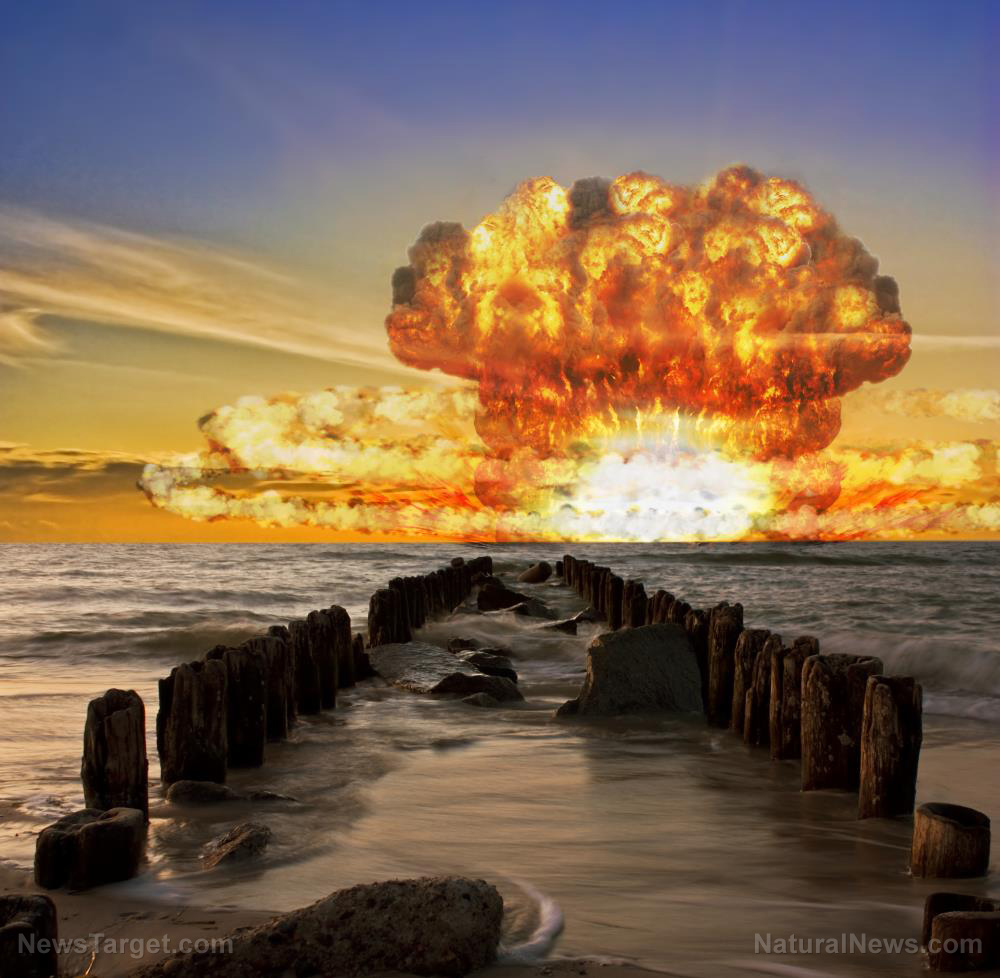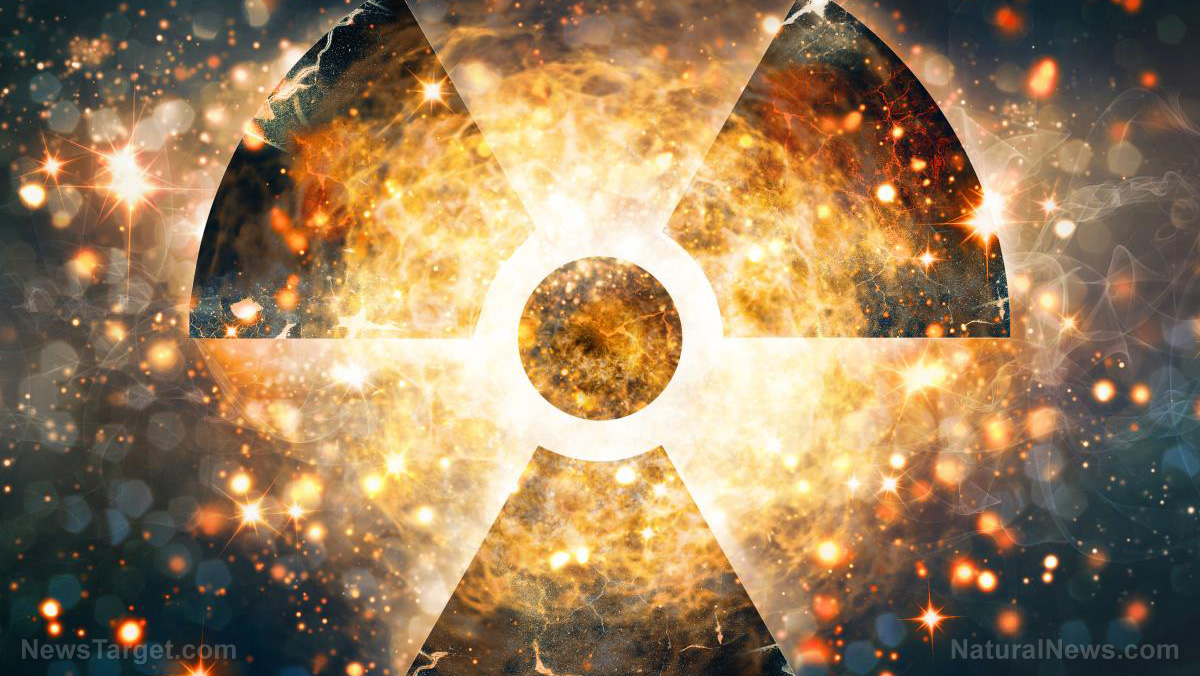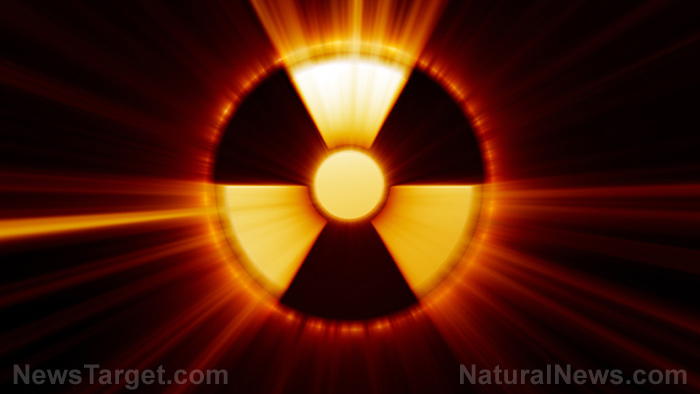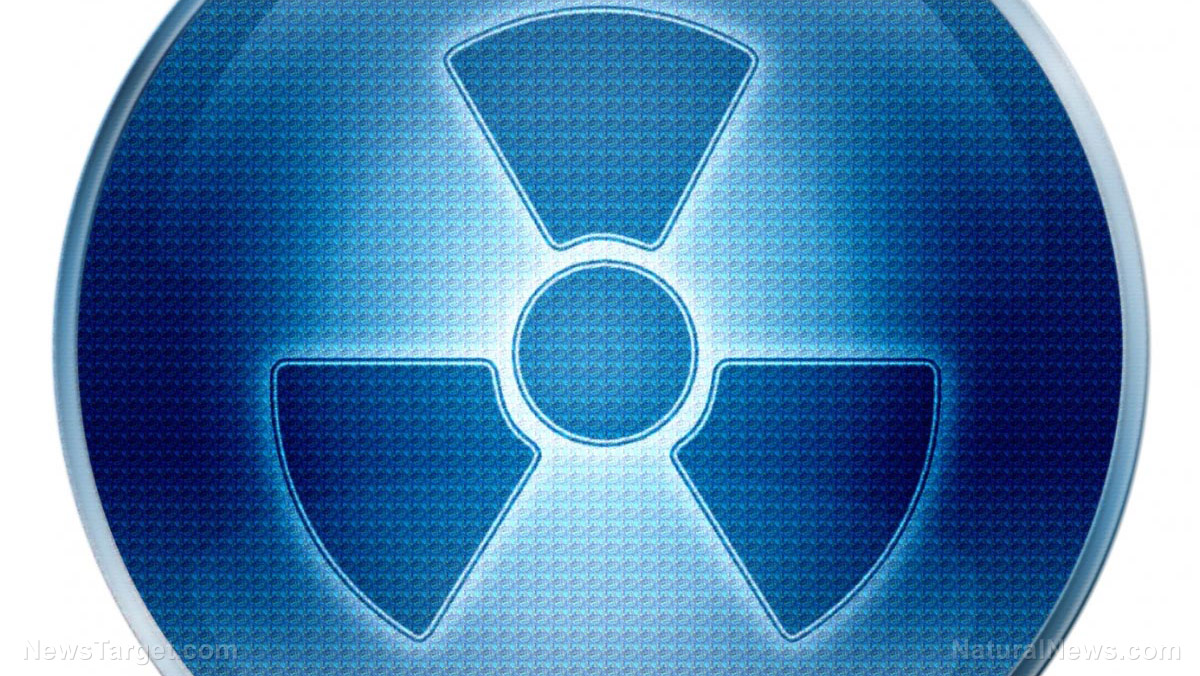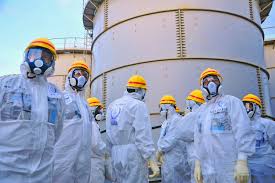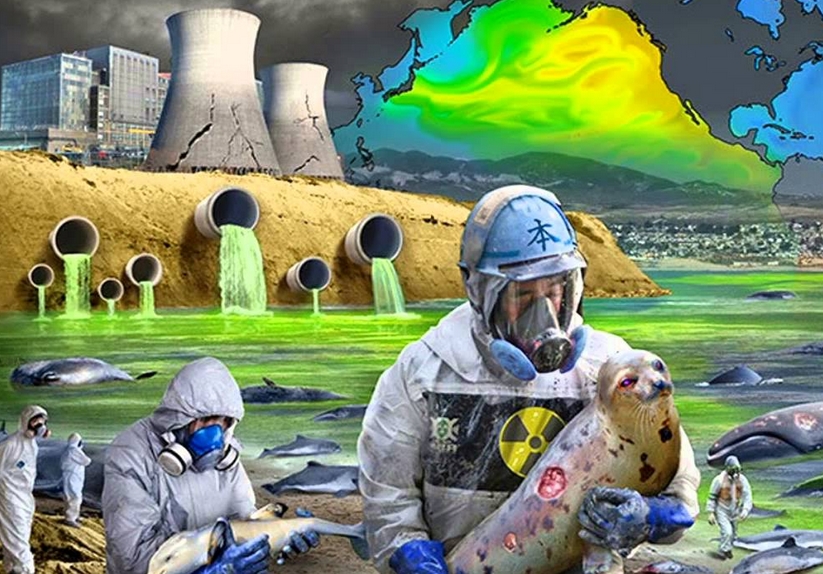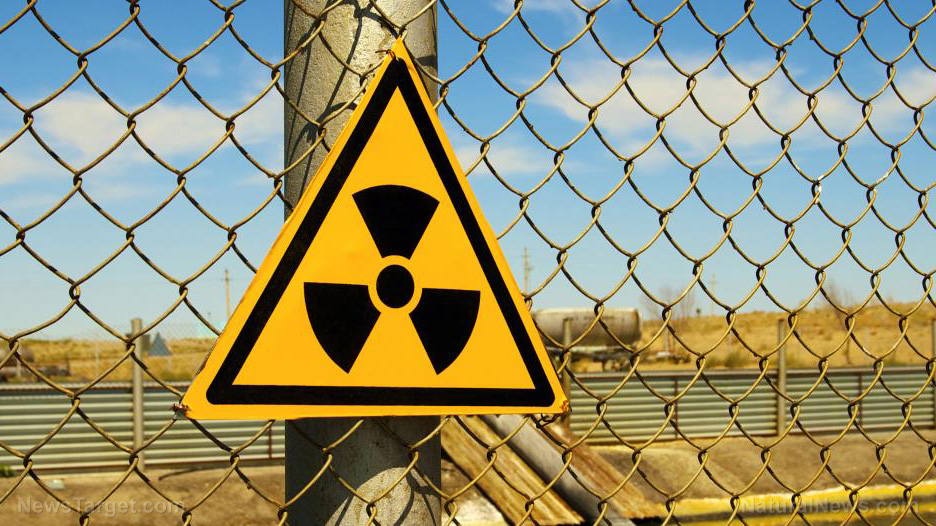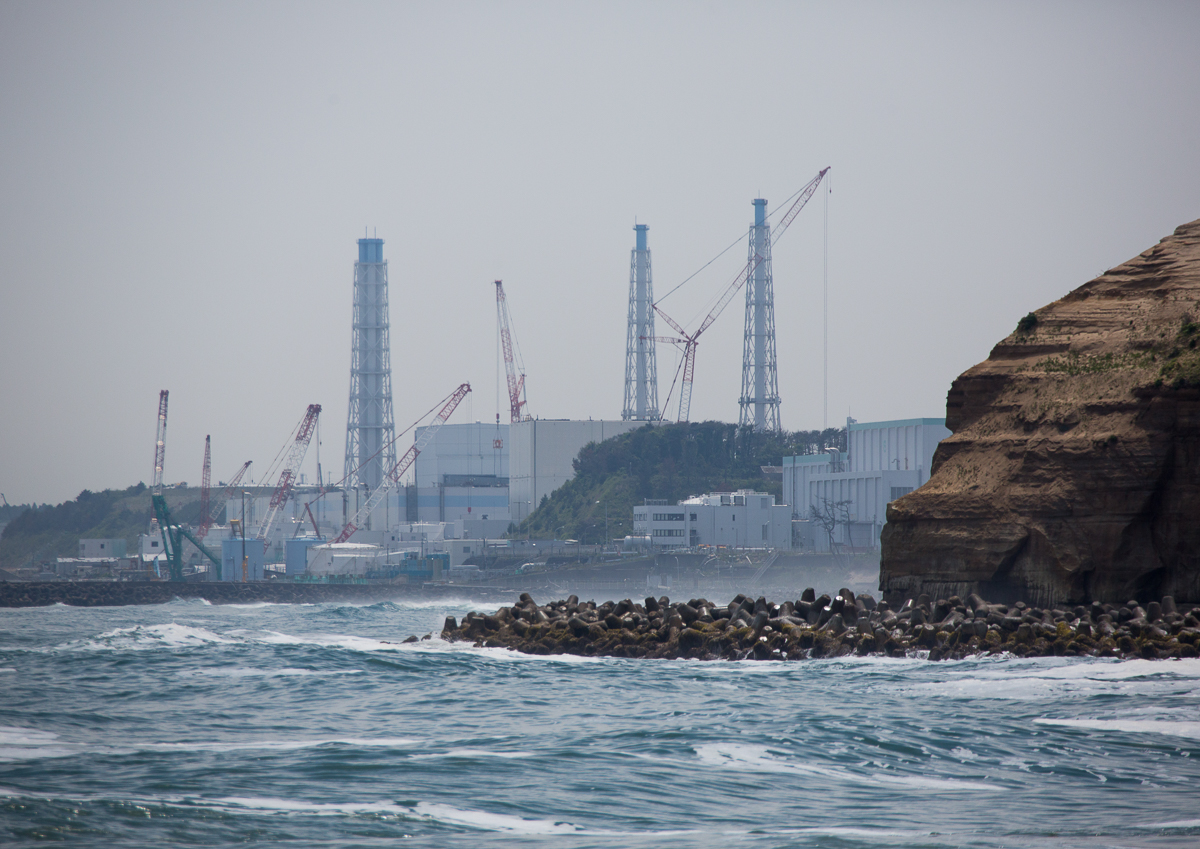Germany’s nuclear paradox: Importing expensive power after shutting down its own reactors
01/19/2025 / By Willow Tohi
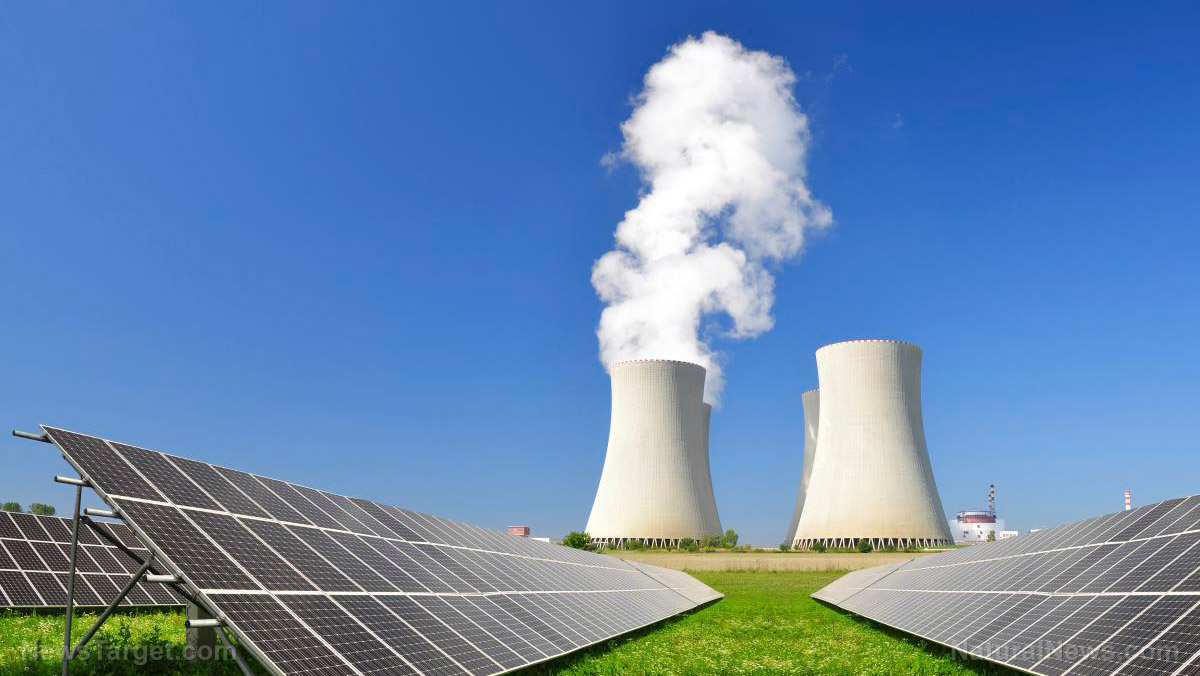
- Germany, which previously relied on nuclear energy, is now importing expensive nuclear-generated electricity from France to cope with energy shortages.
- The decision to phase out nuclear power has left Germany vulnerable to energy shortages, leading to higher electricity costs and supply risks.
- Critics argue that abandoning nuclear power has undermined Germany’s climate goals, increased reliance on fossil fuels, and failed to reduce carbon emissions effectively.
- As the federal election approaches, opposition leaders are calling for a reversal of the nuclear phase-out, while the current government remains committed to its green energy agenda.
- The energy crisis is raising questions about the sustainability of Germany’s green energy transition and its reliance on intermittent renewable sources.
As Germany heads into a pivotal federal election, its energy policy is under intense scrutiny. The nation, once a leader in nuclear energy, has been forced to import expensive nuclear-generated electricity from France to keep its lights on. This ironic twist comes just five weeks before Germans cast their votes, raising questions about the sustainability of the country’s green energy transition.
Germany’s decision to phase out its nuclear power plants—a cornerstone of its Energiewende (energy transition) policy—has left it vulnerable to energy shortages and soaring prices. With unfavorable weather conditions reducing wind and solar power generation, the country is now relying on French nuclear energy to meet its electricity demands. This reliance on imports has sparked a heated debate about the wisdom of abandoning nuclear power, especially as other nations double down on it as a clean, reliable energy source.
The cost of going nuclear-free
Germany’s energy woes are not new. Since the closure of its last nuclear power plant in April 2023, the country has faced recurring energy shortages, particularly during periods of low renewable energy output. This winter, a high-pressure weather system has brought overcast skies and weak winds, drastically reducing solar and wind power generation.
“Friday is a very weak day. There will also be little wind on Saturday. Monday will be almost a total loss for wind energy. Tuesday will also be difficult. The high-pressure system is extremely stable,” warned weather expert Karsen Brandt from Donnerwetter.de, as cited by Bild.
With domestic renewable energy production faltering, Germany’s grid operators have turned to France, where nuclear power plants are running at full capacity. This reliance on imports has driven up costs, with electricity prices on the exchange soaring to as high as €1,156 per megawatt-hour during shortages in December.
Energy expert Prof. Manuel Frondel of the RWI Institute summed up the situation bluntly: “By phasing out nuclear power and coal, we have become heavily dependent on foreign countries and accepted higher supply risks.”
A historical miscalculation
Germany’s nuclear phase-out was set in motion in 2011, following the Fukushima disaster in Japan. The decision, spearheaded by then-Chancellor Angela Merkel, was met with widespread criticism. Critics argued that abandoning nuclear power—a zero-emission energy source—would undermine Germany’s climate goals and increase reliance on fossil fuels.
The irony is stark: while Germany has spent billions on its Energiewende, its carbon emissions have risen as coal and gas plants replaced shuttered nuclear reactors. Meanwhile, France, which embraced nuclear energy in the 1970s under the Messmer Plan, has achieved significant emissions reductions and energy security.
France’s nuclear success story is a testament to the benefits of standardized reactor designs and centralized planning. By the 1990s, nuclear power was supplying over 75% of France’s electricity needs, and the country has since become a net exporter of energy.
In contrast, Germany’s Energiewende has been plagued by high costs and inefficiencies. A study by the OECD found that household electricity prices in Germany increased by 50% from 2006 to 2017, driven by subsidies for renewable energy. Meanwhile, France’s electricity costs are 40% lower, despite producing twice as much clean energy.
Political backlash and calls for reversal
As Germany’s energy crisis deepens, opposition leaders are calling for a reversal of the nuclear phase-out. Alice Weidel, co-leader of the Alternative for Germany (AfD) party, has branded wind turbines “windmills of shame” and pledged to revitalize Germany’s nuclear energy sector.
“They switched off the last nuclear power plant to even more create a shortage of energy, so either you must be very stupid or you just hate your own country,” Weidel said during a recent conversation with U.S. billionaire Elon Musk.
Musk, a vocal advocate for nuclear energy, echoed Weidel’s sentiments. “Germany should really keep its nuclear power plants running. I think that’s extremely important,” he said.
The SPD-Green coalition government, however, remains committed to its green energy agenda. But with energy prices soaring and supply risks mounting, the policy is increasingly viewed as a failure.
The road ahead
Germany’s energy dilemma underscores the challenges of transitioning to a renewable energy-based economy. While the Energiewende was hailed as a bold experiment, its reliance on intermittent energy sources has left the country vulnerable to shortages and price volatility.
As the federal election approaches, the debate over nuclear energy is likely to intensify. Opposition leaders are pushing for a return to nuclear power, arguing that it is essential for energy security and climate goals. Meanwhile, the current government is under pressure to address the growing backlash against its energy policies.
The stakes are high. Germany’s energy future—and its ability to meet its climate targets—hangs in the balance. As the world watches, the question remains: will Germany double down on its green energy experiment, or will it reconsider the role of nuclear power in its energy mix?
For now, the irony is undeniable: a nation that once led the charge against nuclear energy is now importing it at a premium to keep its lights on.
Sources include:
Submit a correction >>
Tagged Under:
big government, climate, climate goals, electricity, energy supply, Germany, green energy, green tyranny, left cult, nuclear, nuclear power, power, power grid, stupid, zero emissions
This article may contain statements that reflect the opinion of the author
RECENT NEWS & ARTICLES
COPYRIGHT © 2017 FUKUSHIMAWATCH.COM
All content posted on this site is protected under Free Speech. FukushimaWatch.com is not responsible for content written by contributing authors. The information on this site is provided for educational and entertainment purposes only. It is not intended as a substitute for professional advice of any kind. FukushimaWatch.com assumes no responsibility for the use or misuse of this material. All trademarks, registered trademarks and service marks mentioned on this site are the property of their respective owners.

